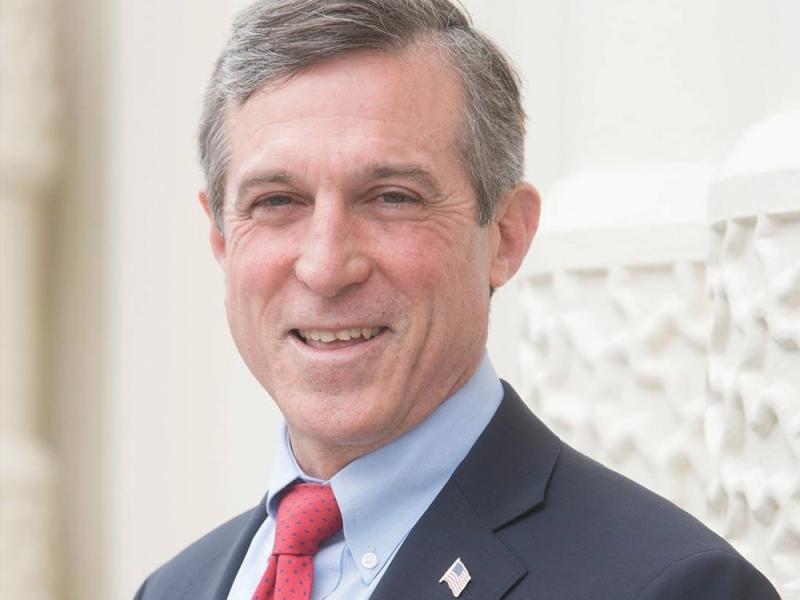Gov. John Carney vetoed the marijuana legalization bill May 24, setting up the potential for the Legislature to override his decision.
House Bill 371 was passed by the Senate May 12 after receiving approval a week earlier by the House. On May 19, Carney took possession of the bill that would remove all penalties for possession by a person 21 years of age or older of one ounce or less of marijuana. The bill also allowed adults to transfer up to one ounce of marijuana to each other without payment.
Carney had always said he did not support legalized marijuana, and he issued the following statement:
“Pursuant to Article III, Section 18 of the Delaware Constitution, I am vetoing House Bill No. 371 by returning it with my objections to the Delaware House of Representatives without my signature. House Bill No. 371 would, among other things, remove all penalties for possession by a person 21 years of age or older of one ounce or less of marijuana and ensure that there are no criminal or civil penalties for transfers without remuneration of one ounce or less of marijuana between persons who are 21 years of age or older.
“I recognize the positive effect marijuana can have for people with certain health conditions, and for that reason, I continue to support the medical marijuana industry in Delaware. I supported decriminalization of marijuana because I agree that individuals should not be imprisoned solely for the possession and private use of a small amount of marijuana – and today, thanks to Delaware's decriminalization law, they are not.
“That said, I do not believe that promoting or expanding the use of recreational marijuana is in the best interests of the state of Delaware, especially our young people. Questions about the long-term health and economic impacts of recreational marijuana use, as well as serious law enforcement concerns, remain unresolved. I respect the Legislative Branch's role in this process, and I understand that some hold a different view on this issue. However, I have been clear about my position since before I took office, and I have articulated my concerns many times.
“For the reasons stated above, I am hereby vetoing HB 371 by returning it to the House of Representatives without my signature.”
Rep. Ed Osienski, D-Newark, the bill’s prime sponsor, issued his own statement immediately following Carney’s.
“More than 60% of Delawareans support the legalization of marijuana for adult recreational use. Earlier this month, more than 60% of the General Assembly voted in favor of ending the prohibition against possession of a personal-use quantity of marijuana.
"Unfortunately, the governor has chosen to ignore the will of residents and a bipartisan supermajority of the General Assembly by vetoing HB 371. I'm deeply disappointed in his decision, especially since he could have allowed the bill to become law without his signature, which would have preserved both his personal opposition and the will of the residents and legislators. I will review what options are available and decide on any next steps at a later time.
"Vetoing HB 371 will not stop people from obtaining and consuming marijuana. It simply means they could face civil penalties for possession. We have to look no further than New Jersey to see how a new industry can create jobs and generate revenue - sales reached nearly $2 million on its first day. Until we establish a similar market in Delaware, people will continue to obtain marijuana illegally here through the illicit market or send tax revenue across the Delaware Memorial Bridge to New Jersey."
House Democratic Caucus Deputy Chief of Staff for Communications Drew Volturo said a three-fifths – supermajority – vote would be needed by both the House and Senate in order to override the veto. Once a motion to override the veto is made, 25 votes would be needed to pass the bill in the House and 13 in the Senate.
Melissa Steele is a staff writer covering the state Legislature, government and police. Her newspaper career spans more than 30 years and includes working for the Delaware State News, Burlington County Times, The News Journal, Dover Post and Milford Beacon before coming to the Cape Gazette in 2012. Her work has received numerous awards, most notably a Pulitzer Prize-adjudicated investigative piece, and a runner-up for the MDDC James S. Keat Freedom of Information Award.



















































